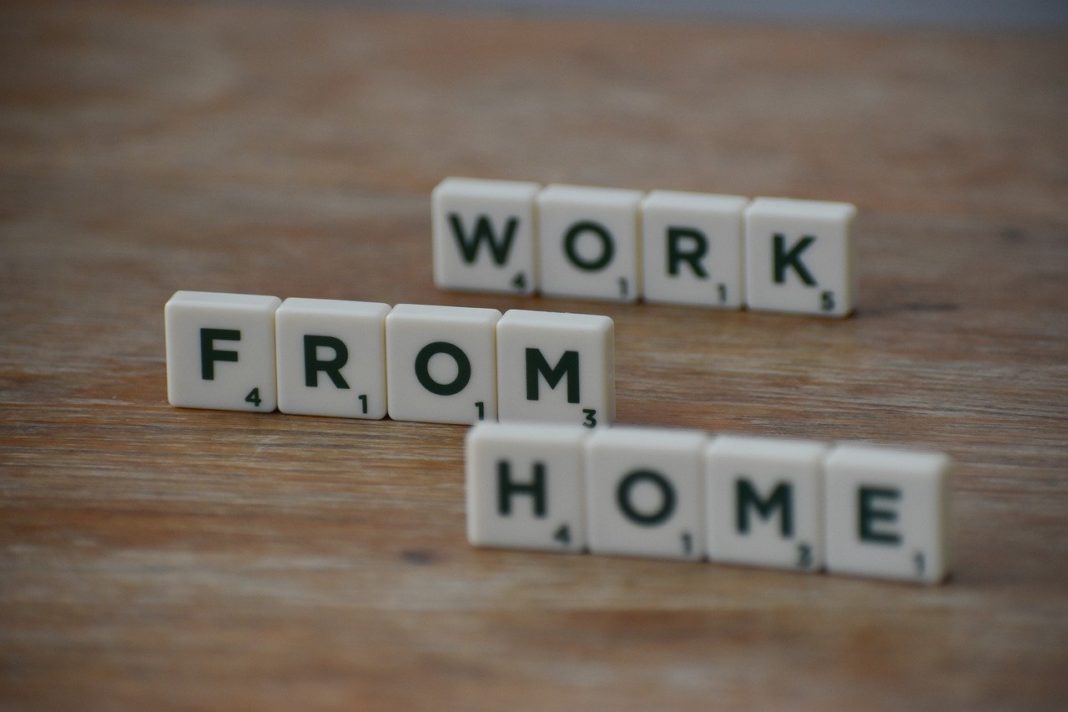
As someone who works in an industry where working from home is second nature it is quite easy to be productive. For many the concept of working from home has not been something to consider until now so here are some handy hints on how to get the most out of your working day.
Stay in a routine
Get up, do your workout, have a shower, get dressed, have that coffee and get ready for work. Whatever your morning routine was when going to the office, keep it up. Ok, so maybe you can sacrifice high heels for a comfy pair of slippers, or the suit for jogging bottoms and a t-shirt. The important thing is to maintain a routine.
Establish a place to work
Working is always better when you establish a space in which to work; some jobs require a lot of space, you may need to lay out drawings or paperwork, other jobs only require space for a phone or laptop. If you are with family, draw up boundaries around your working environment to ensure you are not interrupted during a telephone call or when you need to concentrate. There have been a few high-profile blunders recently involving interrupted meetings! Always consider the nature of the documentation or data you are working with; is it personal information governed by GDPR? If so then you may need to use a separate private room to maintain compliance. Whichever situation applies to you, ensure you have a comfortable working environment and that those around you respect it.
Take regular breaks: DESKERCISE
As when in the office and especially when working with computers, it is important to take regular breaks, whether that is to make a cuppa or check in with your family. You may like to take a longer break at lunch and stretch your legs. The outdoors is great for keeping you fit and healthy and great for mental wellbeing. Again, try and maintain the routine you would normally have in your work life. What is very important is that you decide on a time to “switch off” and return to family life or, if you are on your own, doing things that are not work centric like exercise, keeping in touch with friends and family. From personal experience I know how easy it is to keep working even when you shouldn’t be.
https://www.diygenius.com/deskercise/
Don’t try and multitask
It may be tempting to start painting that wall or rehanging that door in between work tasks but this will distract you from your job and invariable take longer than anticipated. This will lead to frustration when you complete neither task by the end of the day. When you should be working; focus on work. Leave the chores and DIY for the evenings and weekends when you would normally do it.
Do some training
If you find you do not have enough time to completely fill a workday then look at taking on some training. There is a wealth of resources online where you can learn new skills or improve existing skills. Have a conversation with your employer as it may count towards your personal development plan or personal work goals. Completing training will be rewarding and give you an additional sense of achievement
If you have kids, prepare for interruptions
It is inevitable; and the age of your children will determine how best to handle this one. Can someone look after them for you? Are they old enough to understand your explanation that you need to work and be left alone to do so? Can you manage your time differently; spending more time with them during the day and maybe catch up on work later when they are in bed? There is no single answer to this, but communication is key to ensure interruptions are kept to a minimum.
I have found some interruptions are positive during these strange times, the happy background noises of my six-month old has somewhat lightened the mood of frustration while customers and I are fighting with remote desktops and troublesome VPN’S.
Switch off from social media (and other distractions)
It is important to remain focussed otherwise your productivity will suffer. Don’t be tempted to spend time cruising on social media, unless it IS your job, or hunting for bargains online. Any distraction will detract from your ability to concentrate and work and nothing is worse than realising the day has passed and you have achieved nothing.
The key thing is to maintain a routine as close to your normal working life as possible, this ensures you remain productive and will make it easier to return to a normal working lifestyle when all this is over.










